Educational Topics: Empathic Listening
Empathic Listening
- Disruptive behavior like tantrums and yelling are an expression of emotions not a representation of personality.
- Many children have not yet mastered expressing their emotions the way a mature adult can.
- Engaging in disruptive behavior is a way that many children process and express their feelings.
- Their bodies have not yet fully formed the higher parts of their brain that are responsible for emotion regulation and logical future planning.
- Children learn that disruptive behavior is a way to express their emotions and have their needs met such as attention, affection, and rewards (i.e. toys, ice cream, or to avoid doing something they don't want to do).
- Attachment is formed by the relationships an infant has with caregivers.
- A secure attachment reassures an infant that their caregiver is available for their safety, which allows an infant to explore the world knowing that there is a safe place to return to when needed.
- An insecure attachment features characteristics of anxiousness, disinterest, or confusion.
- Emotional regulation is the ability to come back to a calm and collected place when the mind and body go into or is about to go into a fight, flight, or freeze response.
- The fight or flight response features an elevated heart rate and when body becomes ready to defend itself or run due to a perceived danger.
- Making angry faces, slamming doors, yelling, hitting, and breaking things.
- The other end of the spectrum is the freeze response which features a decreased heart rate and the body becomes ready to surrender when it believes it cannot win.
- Withdrawn, I don't care, sad, depressed, or isolated
So..... What do we do?
- We accept that we do not have control of our children, they are their own people. We are not responsible for their behavior, but we are accountable to ourselves for the way we respond to them.
- When we take care of ourselves and practice remaining in a centered state of mind then we have the capacity to relate to and connect with our children. We model this way of responding and help them calm down and get into a receptive state of mind. Once we are connected then a caregiver can motivate the child to change behaviors.
- Relax
- Relate
- Connect
- Motivate
Take Care of Yourself
- Relax
- What do you like to do that relieves stress?
- Hobbies, communities, activities
- Make a commitment to yourself
- When you take care of yourself, your child learns how to take care of themselves
Exercise and meditation
- Don't have to be a weekend warrior
- Clears the mind
- Detoxifies the body
- Releases serotonin
What is Empathic Listening?
- Relate and connect
- Empathic listening is active, engaged, and seeks to get to the heart of your child's needs
- It is more than just hearing the words and repeatedly saying "I see." It is truly understanding and accepting your child's message and his or her situation and feelings
- It is not about offering a quick fix like "just ignore him, tell the teacher, or find someone else to play with"
- It is listening so intently and identifying so closely that you experience the other person's situation, thoughts and emotions. Just like the way people listen when a close friend is going through a rough time.
- The Native Americans expressed it as: "walking a mile in another person's moccasins"
Purpose of Empathic Listening
- For your child
- It invites your child to tell their story and vent feelings.
- Is shows your child that you care and that you are trying to understand.
- It lets your child know that you accept their feelings. They will enjoy talking to you more and open up to important emotional topics.
- Since it is safe to talk about "deep" subjects, your child can express feelings and self-explore, carefully considering all their deep-seated emotions, the reasons for those feelings and their options. This is very therapeutic.
For you
- It reduces your irritation with your child because you now understand. To understand is to forgive.
- If you have misunderstood something your child can immediately correct your impressions, which helps you learn more about your child.
How Do we Listen Empathetically?
- First, stop what you are doing. If you can't stop, then set a time.
- Second, get down to their level, make eye contact, and don't interrupt.
- Third, as your child speaks, try to reflect and validate their emotions.
- Fourth, give your child the same compassion and reflection of feeling you would give to a friend in a crisis.
- Fifth, you can ask, is there anything I can do to help? Then problem solve together.
Role Play
- Watch us role play
- Think of a situation your child comes to you for often
- Pair up and role-play it yourselves
What is Eye Cue Mental Health
Eye Cue Mental Health Provides High Quality Mental Health Care.
Eye Cue Mental Health is located in Cerritos, CA. Our office is located where the 91 and 605 freeways meet and borders both Los Angeles and Orange County. Our psychotherapy treatments utilize Evidence Based Practices and are highly effective, run by Saqib Iqbal, Licensed Clinical Social Worker (LCSW).
Our clinic offers a range of psychological services and treatments to children, adolescents and adults in our community. We provide comprehensive psychological assessments and psychotherapies. From time to time we offer group therapy for adults struggling with depression, anxiety, or substance abuse.
Many clients are adults who find themselves in a cycle of unhealthy habits and negative personal beliefs. We use Cognitive Behavioral Therapy and Solution Focused Therapy, among other treatment approaches, to reduce the impact of mental health symptoms on daily living. Couples are also invited to explore their relationship in a safe and open setting to discover and express emotions..
Conditions Treated:
- Major Depressive Disorder
- Generalized Anxiety Disorder
- Panic Disorder
- Specific Phobia
- Attention Deficit/Hyperactivity Disorder
- Substance Abuse/Dependence
- Sexual Addiction
- Posttraumatic Stress Disorder
- Adjustment Disorder
- Schizophrenia
- Dual Diagnosis
Specialization in Treatment of the Following Diagnoses:
Companies We Work With:
- Aetna
- Beacon Health Options
- Beacon Health Strategies
- Blue Shield
- Cigna
- Health Net
- Kaiser (Out-of-Network)
- Magellan
- Medi-Cal
- Medi-Care
- MHN
- Open Path
- Optum
- TRICARE
Service Areas:
- Artesia
- Cerritos
- Bellflower
- Norwalk
- La Palma
- Los Alimitos
- Long Beach
- Lakewood
- Los Angeles
- Whittier
- Orange
- Santa Ana
- Anaheim
- Rancho Dominguez
- Torrance
- Carson
- Gardena
- Lawndale
- San Pedro
- Hawthorne
- Inglewood
- Paramount
- Tustin
- El Segundo
- Redondo Beach
- Palos Verdes
- Redondo Beach
- Hermosa Beach
- Seal Beach
- Westwood
- Hollywood
- Pomona
- Monrovia
- Glendora
- Covina
Get in Touch
You can contact us any way that is convenient for you. We are available 24/7 via fax or email. You can also use a quick contact form below or visit our office personally.
We would be happy to answer your questions.
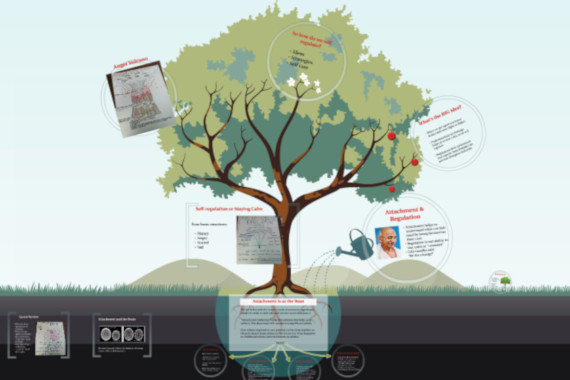
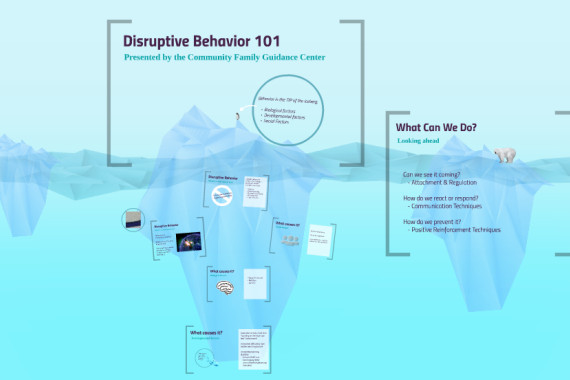
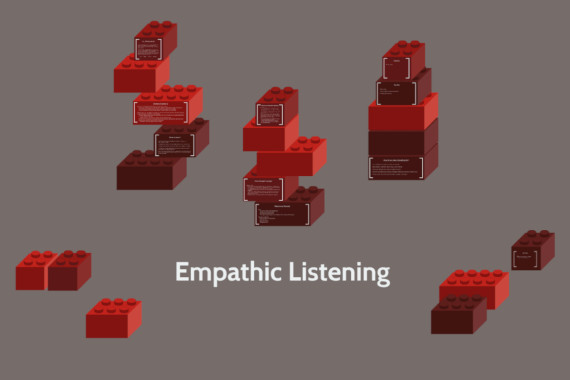
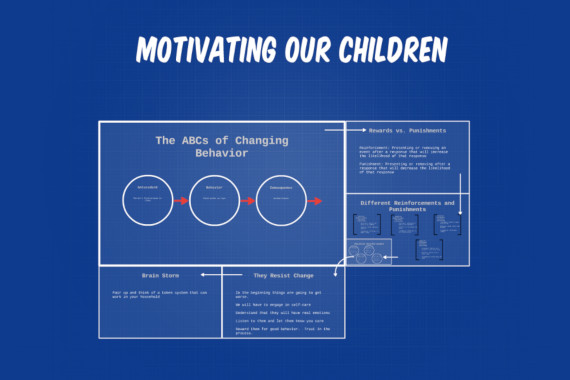
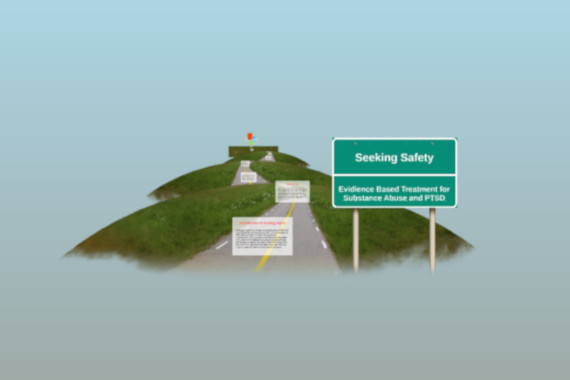
.png)